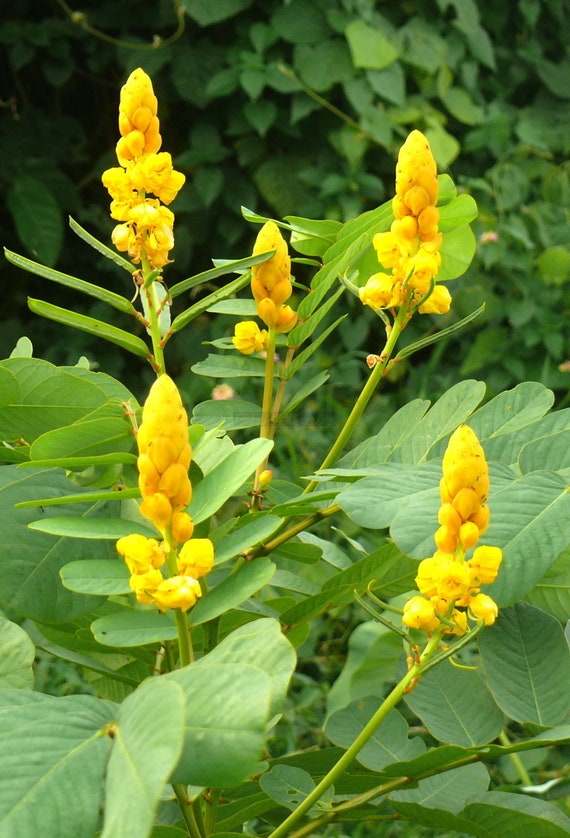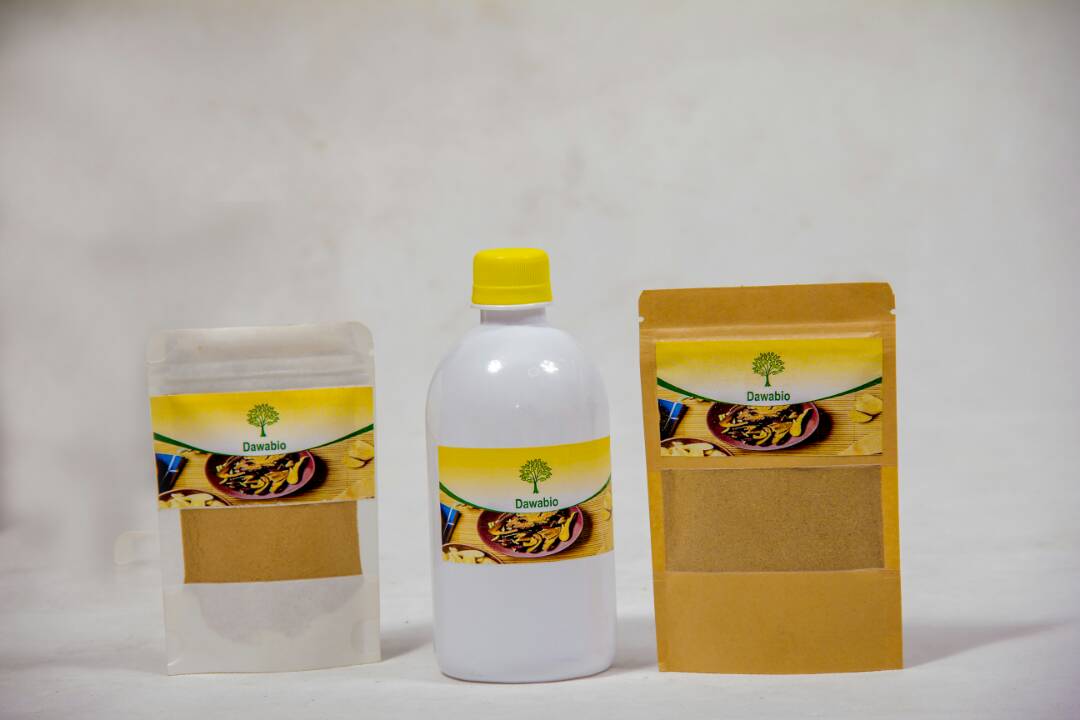Cassia alata or Senna alata is native to Mexico, but it has been planted everywhere for medicinal and ornamental purposes. It is found in Martinique, India, South America and Africa. However, the benefits of Cassia alata go beyond its role as an ornamental plant. Researchers included it in the list of important medicinal plants, including the biodiversitéscience.com website . Let's discover the use of this plant against hepatitis B.
What is viral hepatitis B (hepatitis B)?

Hepatitis B is an infectious liver disease caused by the hepatitis B virus. The acute (active) stage of hepatitis B develops within the first 6 months after infection with a viral infection and can be very mild , almost asymptomatic and severe until hospitalization ... The human body is able to overcome the virus and it disappears. In some cases, the virus stays for life and becomes chronic (“virus carriers”). A chronic infection can also lead to serious health problems.
African herbal remedy to cure hepatitis B
Hepatitis B is not to be taken lightly. If some patients recover from it, others will progress to the chronic form of the disease. The experts at Dawasanté have put together the best plants for you to concoct an effective cure for hepatitis B. If you have done your research you will know that the conventional treatment used for hepatitis B is quite expensive with a questionable success rate. On top of that it comes with its share of side effects like depression, irritability, insomnia and many more. It is with this in mind that our natural, accessible and effective remedy is the most suitable for you. It has among its many properties anti-inflammatory and antioxidant effects which will be of considerable help in the treatment of your disease.
To discover our natural treatment for hepatitis B click here!
We deliver all over the world.
For more information, you can contact our experts on +229 51374202 direct line or by whatsapp at the same number.
Presentation of the plant Cassia alata

This shrub can reach a height of 3 meters, likes a humid place to grow. In the tropics, this plant can live up to an altitude of 1400 meters above sea level.
The leaves are finned, formed from 8 to 14 pairs of leaflets, with blunt tips. The leaves of Cassia alata curl up at night.
The flowers are yellow, in long clusters, on the shoots.
The pods are flattened, winged, 10 cm to 20 cm long. The seeds are dispersed by means of water or animals.
Components of Cassia alata
Chinese Cassia alata (Cassia alata L.) leaves contain alkaloid compounds, saponins, tannins, steroids, and anthraquinones which
have antifungal effects. With the presence of fungistatic substances, the fungal cells will therefore become sensitive to environmental changes and the fungal cells will be easily killed. In conclusion, the leaves of Chinese Cassia alata can be used as an antifungal against tinea pedis because the substances they contain act in a fungistatic manner
inhibits the process of elongation of fungal hyphae.
The antiviral properties of Cassia alata
The Indonesian Institute of Science (LIPI) is developing the potential of Cassia alata leaf extract in the treatment of corona virus. The head of the LIPI Chemical Research Center, Yenny Meliana, said there are compounds with antiviral activity in the plant. Compounds which should play an active role as an antiviral are kaempferol, aloe-emodin, quercetin 5. For example. The leaves of Cassia alata are known to actively inhibit the growth of the dengue virus. It is therefore not surprising that Cassia alata is used in the treatment of hepatitis B which is a viral type inflammation.
Analysis of cassia alata leaves

Analysis of total levels of flavonoids and phenolics reveals antioxidant, antibacterial, antiviral, anti-inflammatory and anti-cancer activity . The methanol and ethanol extract of the leaves of Cassia alata has activity as an antifungal and antibacterial.
How to use Cassia alata for hepatitis B

Cassia alata is used to get rid of hepatitis B within 72 hours. For this it is necessary to follow a well-established dosage.
-Boil the plant (mainly the leaves) for around 60 minutes over ambient fire.
-Let it rest and start taking the remedy. Drink a glass every hour for two days then stop taking it for two days.
-After these two days of break, resume the treatment but this time the reduced dose 3 times a day (morning-noon-evening) for 48 hours.
NB: If your hepatitis is already chronic (an infection usually over 6 months), continue treatment for 3 weeks.
Some additional benefits of Cassia alata
The original Indonesian Medicine book claims that the leaves of Cassia alata contain tannins and chrysophan acid .
In Sri Lanka, cited on wikipedia.org , this plant, called ath-thora , is an important traditional medicine ingredient for the Sinhalese people.
Antifungal effects

Cassia alata often referred to as ringworm bush, refers to its ingredients which are effective as a fungal killer, treating fungal infections and other skin infections. Cassia alata leaves which have antifungal properties are made into various soap products, hair washes and skin moisturizers in the Philippines. The effectiveness of this plant against skin diseases has been recognized by modern science.
Cassia alata as a laxative

The leaves of Cassia alata also have a laxative effect . In addition to the leaves, the pods of Cassia alata contain chemical compounds of saponin, they also have laxative properties, expelling intestinal parasites.
Other ailments treated with Cassia alata
The original Indonesian medicine claims that the leaves of Cassia alata have antiparasitic properties, which are very effective in eradicating pinworms. Crushed Cassia alata leaves also have the property of treating herpes and other skin diseases.
Some African people use the leaf decoction to treat high blood pressure . In South America, in addition to skin diseases, the leaves of Cassia alata are also used to treat stomach aches , fever, asthma , to treat wounds caused by snakebites, to treat diseases genitals.
For more information, you can contact our experts on +229 51374202 direct line or by whatsapp at the same number.

